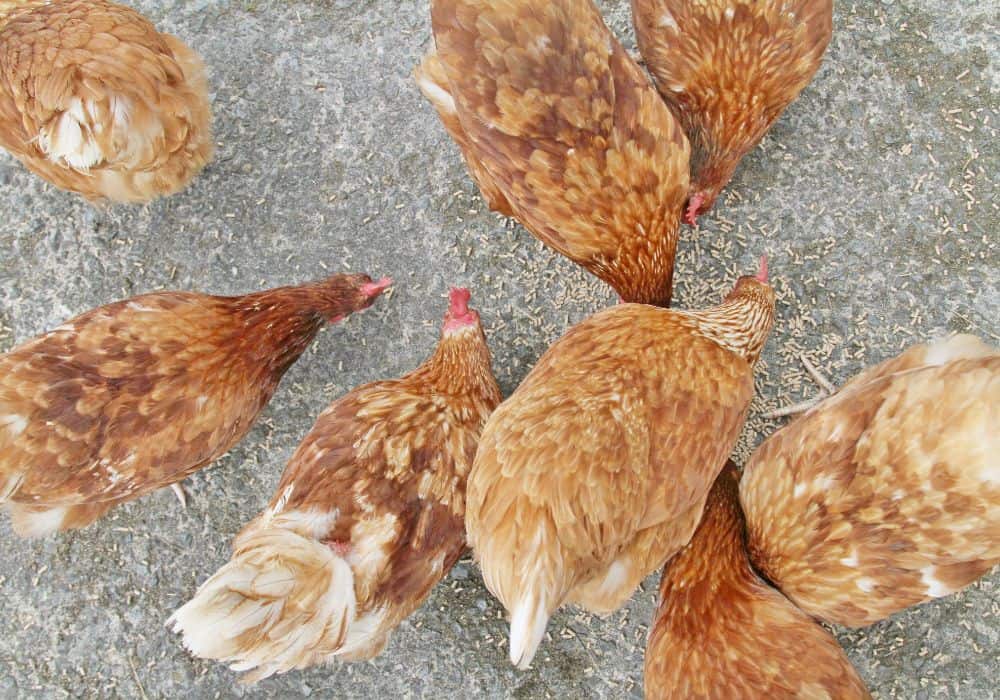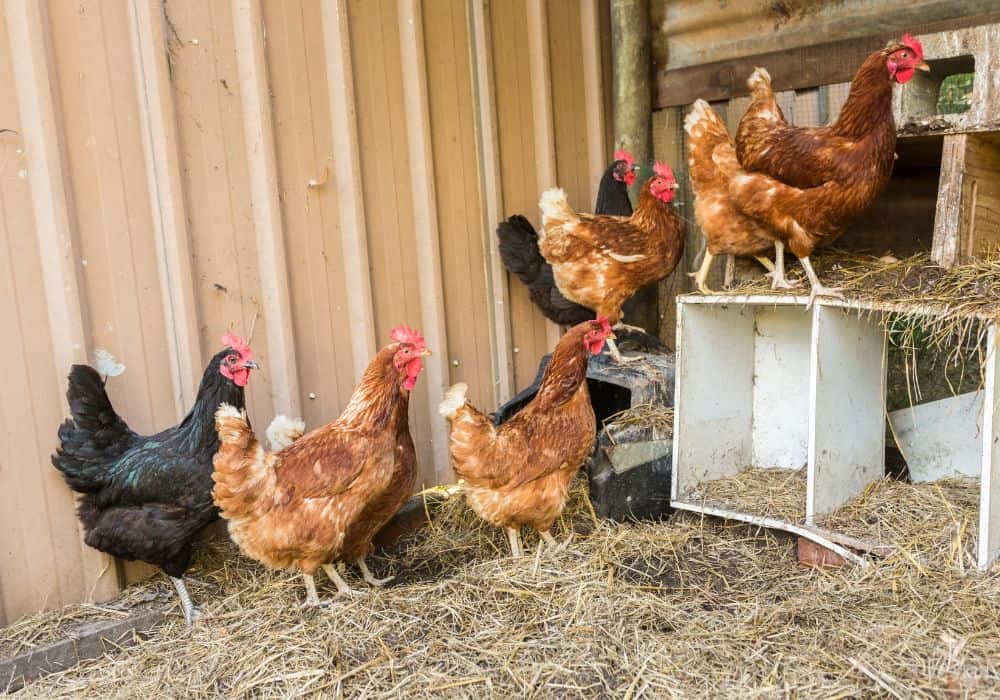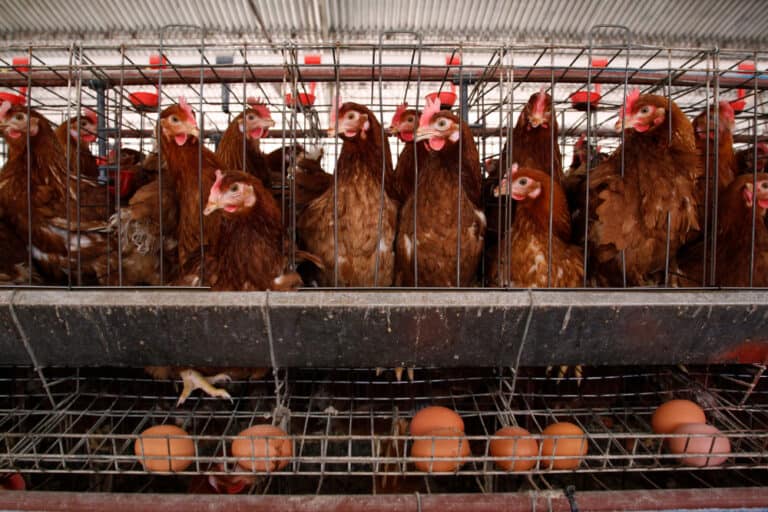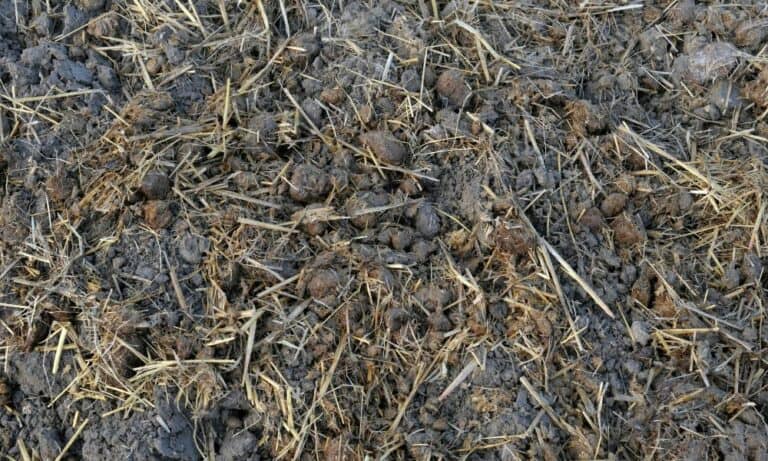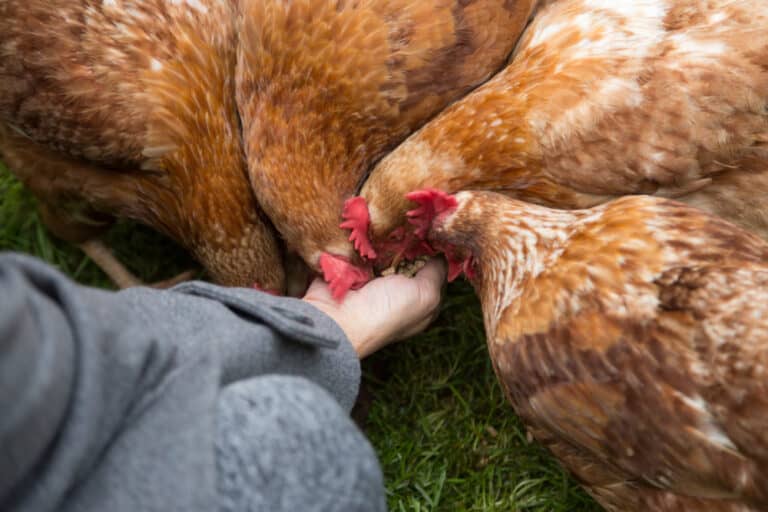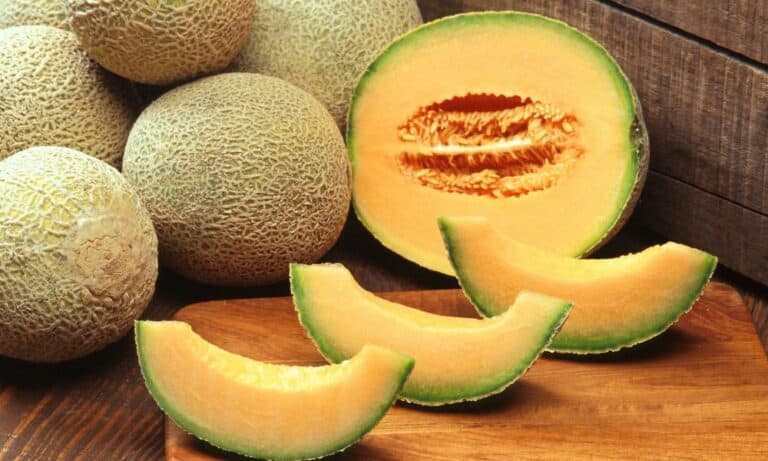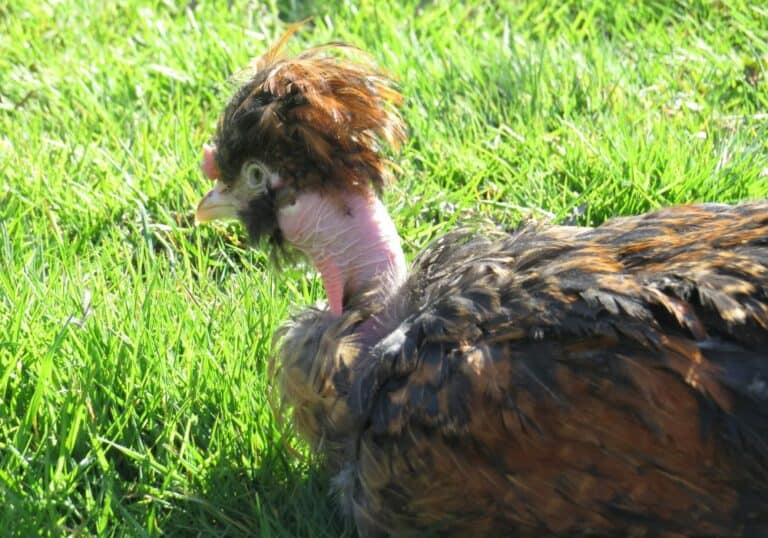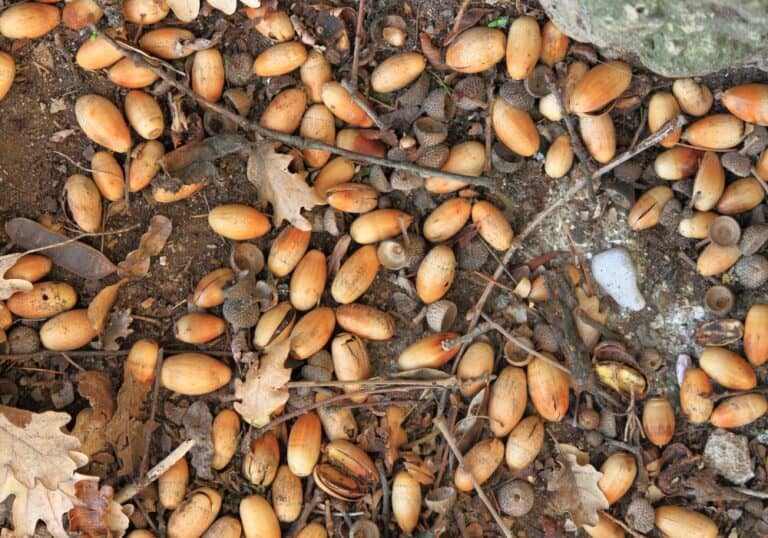Corn husks are always left in the shadow of their more glamorous sister, corn on the cob. But while people like to eat juicy, delicious corn and throw away its husk, this corn by-product should not be wasted. It can be used for many things, like wrapping up tamales and using it for arts and crafts.
And if you’re raising chickens on a farm, you might have also wondered about feeding the corn husks to them instead of discarding them without a second thought.
But can chickens eat corn husks? Is it safe for them to ingest and are there any nutritional values your flock can get from them? Today, we’re going to talk about the potential of corn husks in your chickens’ regular diet. Let’s jump right into it!
Corn is Great—But Do Their Husks Have Nutritional Value?
Corn is a popular kitchen ingredient and snack because of its sweet, juicy taste and high amount of energy-boosting carbohydrates. It’s also the source of one of the world’s favorite snacks—popcorn!
And it’s not just people who love corn—even chickens enjoy nibbling at whole corn kernels and even corn on the cob.
Whether it’s raw, milled, or steamed, chicken flocks love eating corn. Not only are they tasty, but they contain nutrients like vitamins B and C, folate, magnesium, and potassium, which are all highly beneficial for the growth and development of healthy chickens.
A corn cob is also super easy for chickens to share because they can simply peck at one kernel at a time. Here’s a quick video of a group of chickens sharing corn on the cob with no issues:
And while corn is an excellent healthy snack, could corn husks somehow be better?
To be honest, this outer shell of corn does not have too many nutrients. At most, they are a decent source of fiber, which is good for proper digestive health—something many chickens struggle with. Dietary fiber is also good at reducing blood pressure and preventing cardiovascular illness.
Can Chickens Eat Corn Husks?
Yes, it’s perfectly safe for chickens to snack on corn husks. It’s not harmful at all to them. It’s also pretty easy to feed it to them since chickens aren’t picky and will likely peck at anything you give them.
What’s great about feeding your chickens corn husks is that they are economical and easily accessible. They’re available year-round and don’t cost much, as they’re typically just thrown out after you eat some corn.
While they’re not as delicious as corn itself, corn husks are a good option for a quick snack for your chicken flock.
The Risks of Feeding Your Chickens Corn Husks
While corn husks aren’t as risky to feed to your chickens as other foods like chocolate, uncooked beans, or peanut butter, there are still several risk factors you need to consider before handing them over to the flock as a snack. Here are some of those risks:
1. It fattens them up and leads to weight gain
Corn husks are rich in fiber but have little to no other nutrients. So, when your chickens eat too much of it, it won’t do anything else but fatten them up. This weight gain can lead to obesity, which leaves your chickens susceptible to other sicknesses and even sudden chicken death syndrome.
The fact that corn husks can give your chickens excess fat is one of its biggest cons. That’s why corn husks are sometimes used as feed for animals that need fattening up, such as beef cattle.
2. It can be difficult to digest
Animals that typically consume corn husks as feed—like cows, horses, and goats—have big, strong teeth that can grind the husks properly. Chickens aren’t gifted with teeth like theirs, so they need extra help to chew corn husks.
Corn husks are known for their relatively tough texture and thickness. If the husks are too hard and large for chickens, they may end up having a difficult time digesting them. At worst, the husks might end up blocking their digestive tract, leading to more health complications.
A great way to soften corn husks is by cooking or steaming them. This makes it way easier for chickens to tear them apart while snacking.
3. Pesticides might still be on them
Before being commercially sold, corn is sometimes sprayed with pesticides and other preservatives to keep them looking fresh for longer. But pesticides are a huge no-no for chickens. The possibility of having toxins on your corn husks is another huge risk in feeding your chickens corn husks.
To keep your chickens from ingesting pesticides and other harmful toxins from the corn husk, make sure to wash your husk thoroughly before feeding it to them.
How to Prepare Corn Husks for Your Chickens
- When picking out corn, look for cobs with softer husks. This will be much easier for your chickens to chew on.
- Peel the corn to separate the cob from the husk. Put the corn away for whatever recipe you’ll be using them for later.
- Take the husks to the sink and give them a good rinse. It’s important to wash the husks and get rid of any dirt or debris on them. Rinsing them thoroughly can also get rid of pesticides that may or may not be on them.
- Steam the husks. If you’re about to steam your corn as well, save time by tossing in the husks with them.
- Check now and then to see if the husks have gotten softer. Once you’re happy with their texture, take them out of the steamer and onto a chopping board.
- Chop up the husks into small, bite-sized pieces. Make sure they are as fine as possible so that it’s easier for your chickens to eat.
- As an optional step, you can toss the chopped-up corn husks in the blender and puree them. This is an excellent option if you’re feeding baby chicks that have tiny, delicate beaks.
- Serve to your chickens either on their feeding tray or on the ground, and watch them enjoy their snack!
More Nutritious Options for Your Flock
It’s understandable to want to balance out your chicken’s regular feed and foraged proteins with delicious, nutrient-dense fruits and vegetables. But corn husks might not be the best route to take for that. Here are other options that are more nutritious for your chickens:
1. Strawberries, blackberries, and other berries
Berries are abundant in antioxidants that help protect your chickens from free radical damage that cause infections and viruses. These antioxidants include resveratrol and ellagic acid.
They also help bolster your chickens’ immune systems to make sure their bodies can defend themselves against sicknesses.
Berries also have a decent amount of sugar, which helps give your chickens extra energy. This is a must during the winter months when your flock needs to have more activity to increase body heat and survive the cold.
Other fruits—like watermelon, mangoes, bananas, and grapes—can also help with this. Citrus fruits like oranges are also good for them!
2. Vegetables like kale, lettuce, and cabbage
Leafy vegetables like these are rich in fiber just like corn husks, but they provide way more nutritional value. Kale, for example, is abundant in vitamins C, A, and K. Cabbage, on the other hand, is a great source of folate and manganese.
At the same time, these veggies are low in calories So, you don’t need to worry about your chickens gaining too much weight while munching on them the way you probably would if you kept feeding them corn husks.
Other veggies like broccoli, peas, and carrots are also excellent for chickens.
3. Fiber-rich grains like oats and barley
While corn husks technically have dietary fiber, it’s still best to look for grains with healthy carbohydrates. These include oats, barley, wheat, and more.
Grains like these are an excellent source of carbs, which increases your chickens’ energy levels. It keeps them alert and strong so that they can do their important work on the farm. They can also strengthen your chickens’ gizzards to improve digestive health.
You can be as creative as you want with feeding your chickens grains. For example, an easy way to get them to eat oats is by cooking oatmeal. It’s easier to digest because it’s soft and makes your chickens feel satisfied for longer.
If your chickens aren’t big fans of grains, you can try feeding them seeds, like pumpkin seeds.
Conclusion
Chicken owners that use corn on the farm or at home should think about keeping corn husks and feeding them to their chickens. It’s perfectly safe to feed it to them and can keep them feeling full for longer.
While there aren’t that many vitamins and minerals found in corn husks, they are rich in fiber, which can help with digestion and weight gain. That said, you should always feed corn husks to your chickens in moderation so that they do not end up suffering from digestive issues or obesity.
Next time you enjoy corn on the cob for yourself, throw your pet chickens the corn husk it’s wrapped around as a treat. They will love pecking at it as a quick snack in between their regular commercial feed and vegetables!


